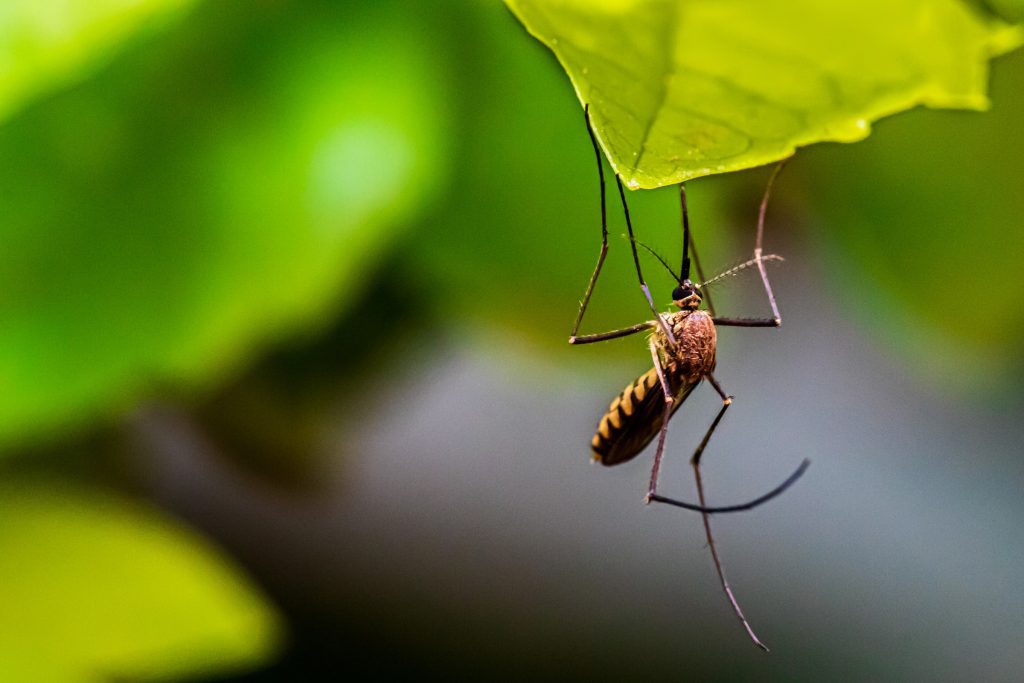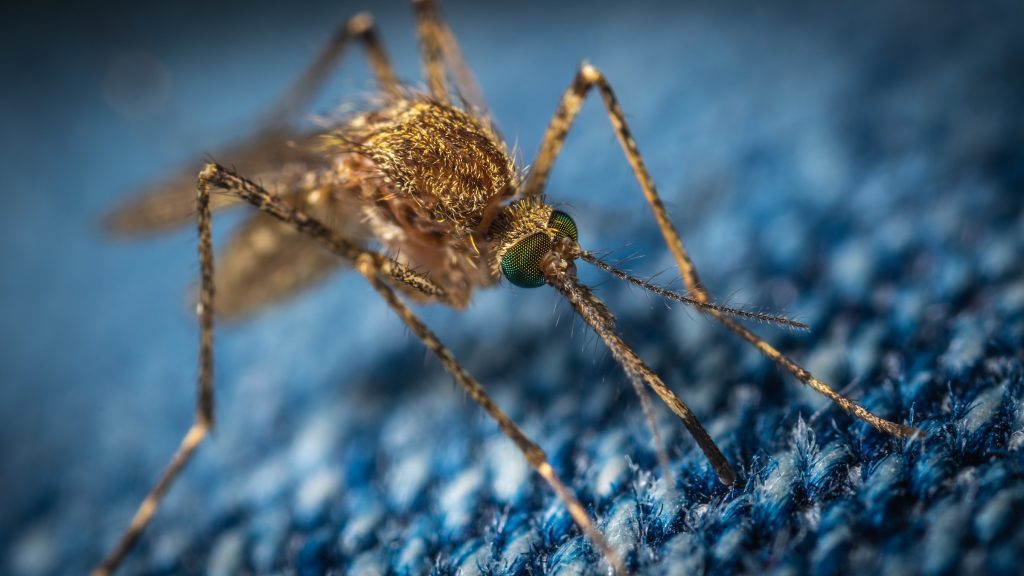Can Viruses Alter Your Odor And Draw Mosquitoes Closer?
Mosquitoes are notorious pests that can ruin outdoor activities and transmit harmful diseases. It is widely known that certain factors, such as body odor and carbon dioxide emissions, attract mosquitoes. However, recent research has suggested an intriguing connection between viruses and our attractiveness to these blood-sucking insects.

Studies have found that some viruses can alter the scent emitted by infected individuals, potentially making them more appealing to mosquitoes. For example, the dengue virus, which is transmitted by Aedes aegypti mosquitoes, has been shown to modify the body odor of infected individuals.
This alteration in scent seems to enhance the mosquitoes’ preference for feeding on infected hosts, increasing the chances of viral transmission.
One possible explanation for this phenomenon is that viruses manipulate the host’s immune response, resulting in changes in body chemistry and odor. It is believed that the virus-triggered immune response produces volatile compounds that mosquitoes are highly attracted to. This alteration in body odor could act as a “scent signal” to mosquitoes, guiding them toward infected individuals for a blood meal.

Another virus that has been investigated in relation to mosquito attraction is the malaria parasite. Research has shown that individuals infected with Plasmodium, the parasite responsible for malaria, emit specific volatile compounds through their skin that increase mosquito attraction. These compounds are thought to aid the parasite’s survival by facilitating its transmission between hosts.
Understanding the mechanisms behind these virus-induced changes in body odor could potentially lead to new strategies for controlling mosquito-borne diseases. By identifying the specific compounds that attract mosquitoes during viral infections, scientists may be able to develop more effective mosquito repellents or traps that target these compounds.
